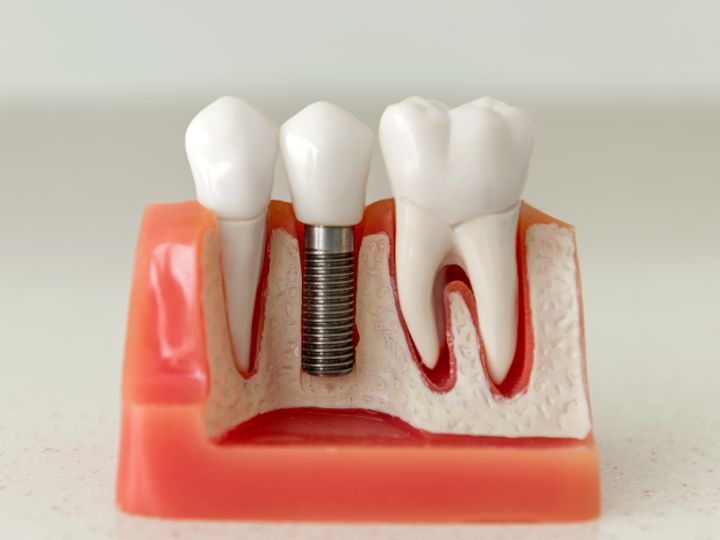Understanding Your Tooth Replacement Options
Tooth loss is more common than many people realise and can happen for a range of reasons from decay and gum disease to injury or ageing. For many Australians, dentures have been the traditional solution for replacing missing teeth. However, advancements in modern dentistry have introduced more stable and long-lasting options. One of the most popular of these is Denture Implants, a hybrid solution offering the benefits of both implants and dentures.
So, when is it time to consider denture implants? Understanding the signs, your current oral health, and lifestyle factors can help you decide if this treatment is proper for you.
What Are Denture Implants?
Denture implants combine the security of dental implants with the coverage of dentures. Rather than resting on your gums like conventional dentures, this solution uses a small number of titanium implants surgically placed into the jawbone. These implants then serve as anchors for a full or partial denture.
The result is a removable or fixed denture that feels far more secure and natural, with better chewing function and reduced discomfort. It’s especially appealing to those who’ve struggled with loose-fitting dentures or who want a more permanent solution without the full cost of individual implants.
Signs It Might Be Time to Consider Denture Implants
1. Your Current Dentures Are Uncomfortable or Unstable
One of the biggest reasons people switch to implant-supported dentures is the instability of traditional ones. If your dentures slip when you talk or eat, causing sore spots, or make you self-conscious in public, denture implants may be a more comfortable and secure alternative.
2. You’ve Lost Most or All of Your Teeth
If you’ve lost multiple teeth in one or both jaws, and you’re not ready to commit to individual dental implants for each one, implant-supported dentures offer a cost-effective compromise. They provide improved function and aesthetics while using fewer implants to support an entire arch of teeth.
3. You’re Experiencing Bone Loss
Tooth loss leads to gradual jawbone shrinkage over time. Implants stimulate the bone and help maintain its structure. If you’re concerned about facial sagging or bone loss, denture implants may help preserve your bone and provide a more youthful facial appearance compared to conventional dentures.
4. You Want Better Chewing and Speaking Ability
Traditional dentures can make it hard to eat certain foods or speak clearly. Because denture implants are anchored into the jaw, they provide greater stability, enabling a more natural chewing motion and clearer speech.
5. You’re Looking for a Long-Term Solution
While dentures need to be replaced or adjusted periodically, denture implants are designed to last for many years with proper care and maintenance. They offer greater convenience and can improve your quality of life by reducing the need for ongoing adjustments and messy adhesives.
Factors to Consider Before Making the Decision
- Bone Density: You’ll need sufficient jawbone to support the implants. In cases of bone loss, bone grafting may be required before implants can be placed.
- Oral Health: Maintaining healthy gums and a clean mouth is essential for successful implant healing.
- Budget: While more affordable than a complete set of individual implants, denture implants are more costly upfront than conventional dentures. However, many patients find the long-term benefits worth the investment.
- Lifestyle and Expectations: Are you active, social, and looking for more freedom with your diet and routine? Then, implant-supported dentures may align better with your lifestyle.
Summary: Listen to Your Smile
If you’re struggling with the comfort or function of your current dentures, or if you’re facing the reality of significant tooth loss, it might be the right time to explore Denture Implants. They offer a secure, more natural-feeling alternative that enhances your daily life and helps you smile with confidence again.
Consult your dentist to assess your eligibility and discuss the treatment involved. With the right advice and personalised care, you can make an informed decision and take a positive step toward lasting oral health.









